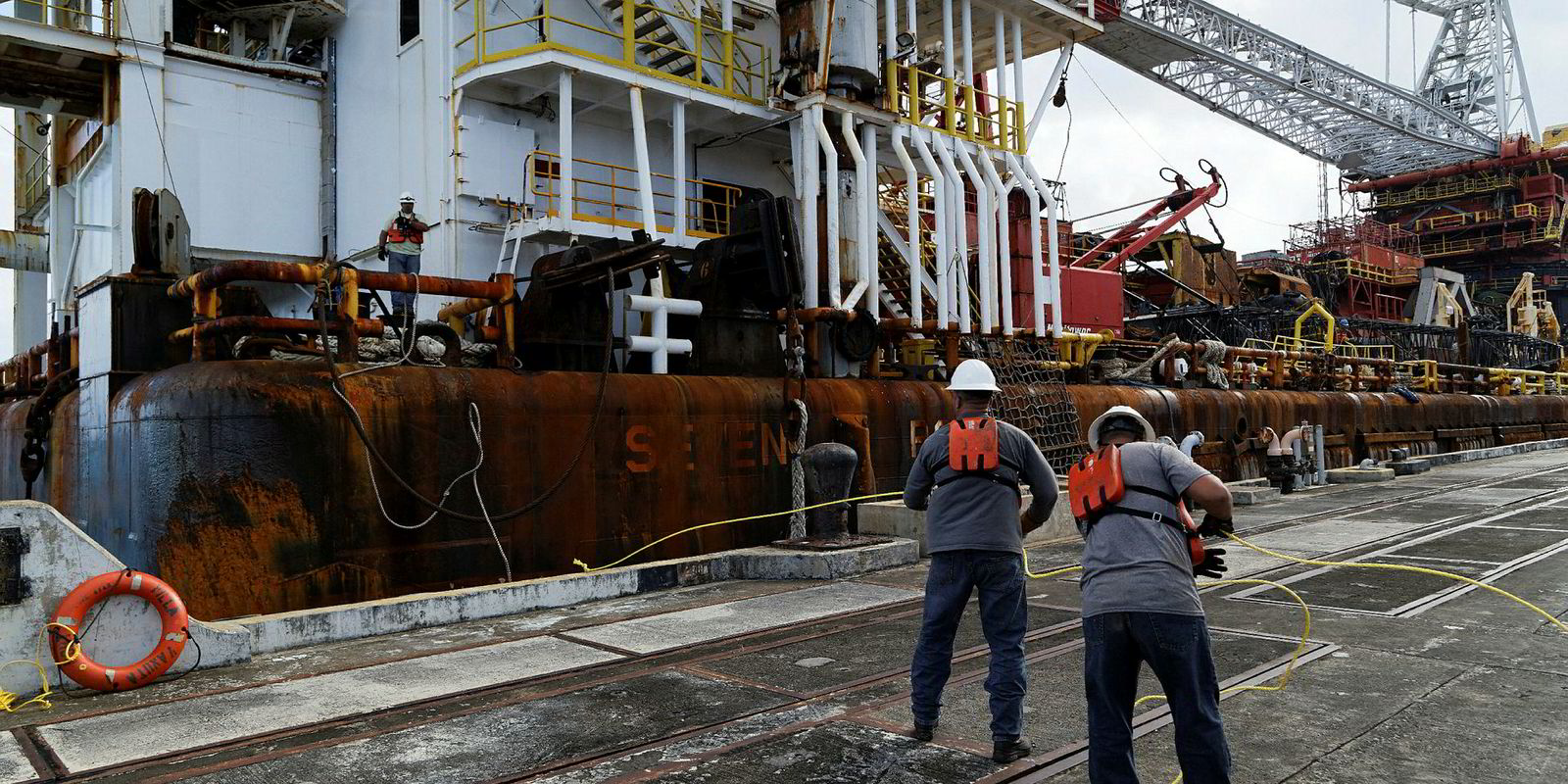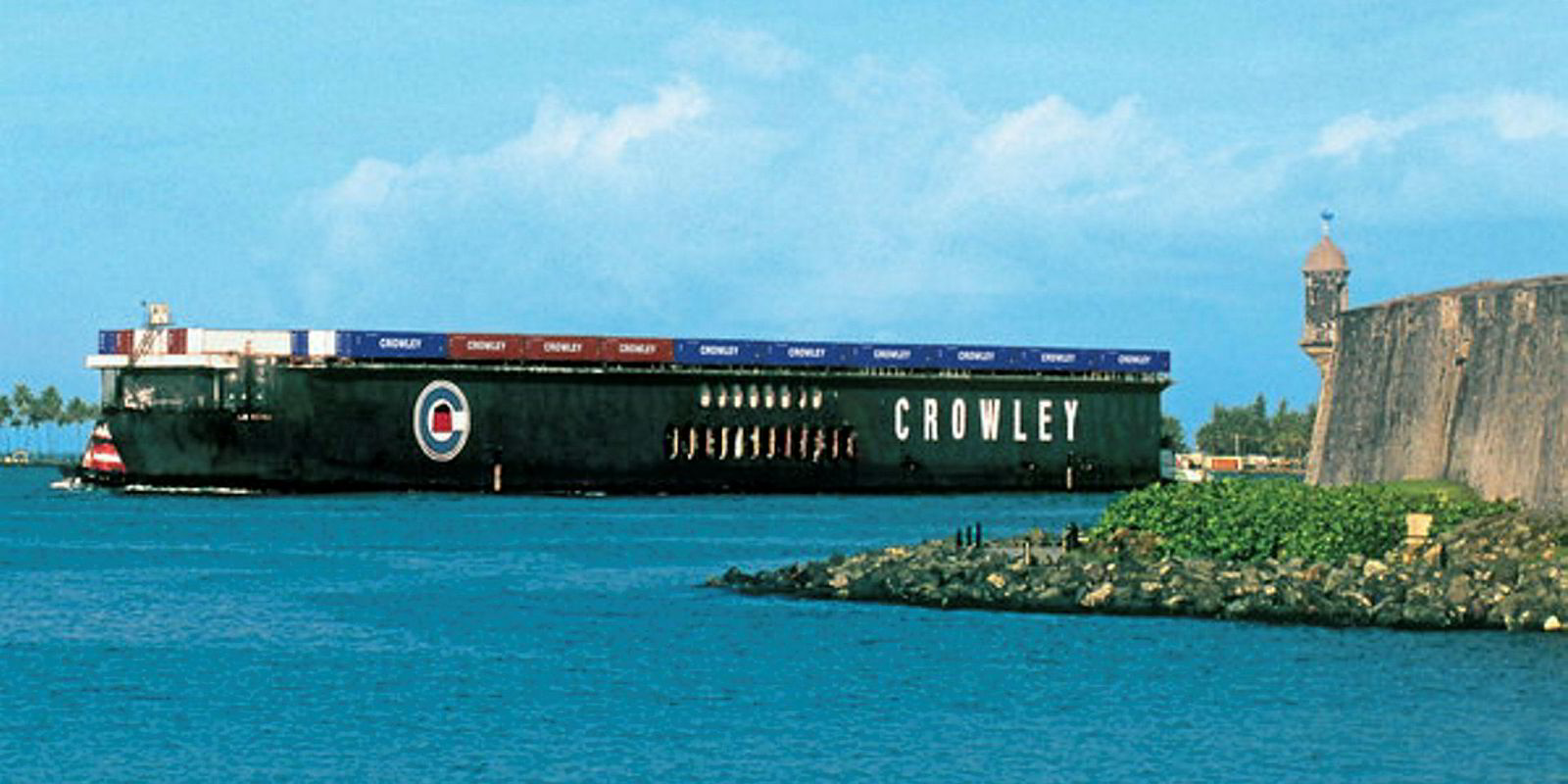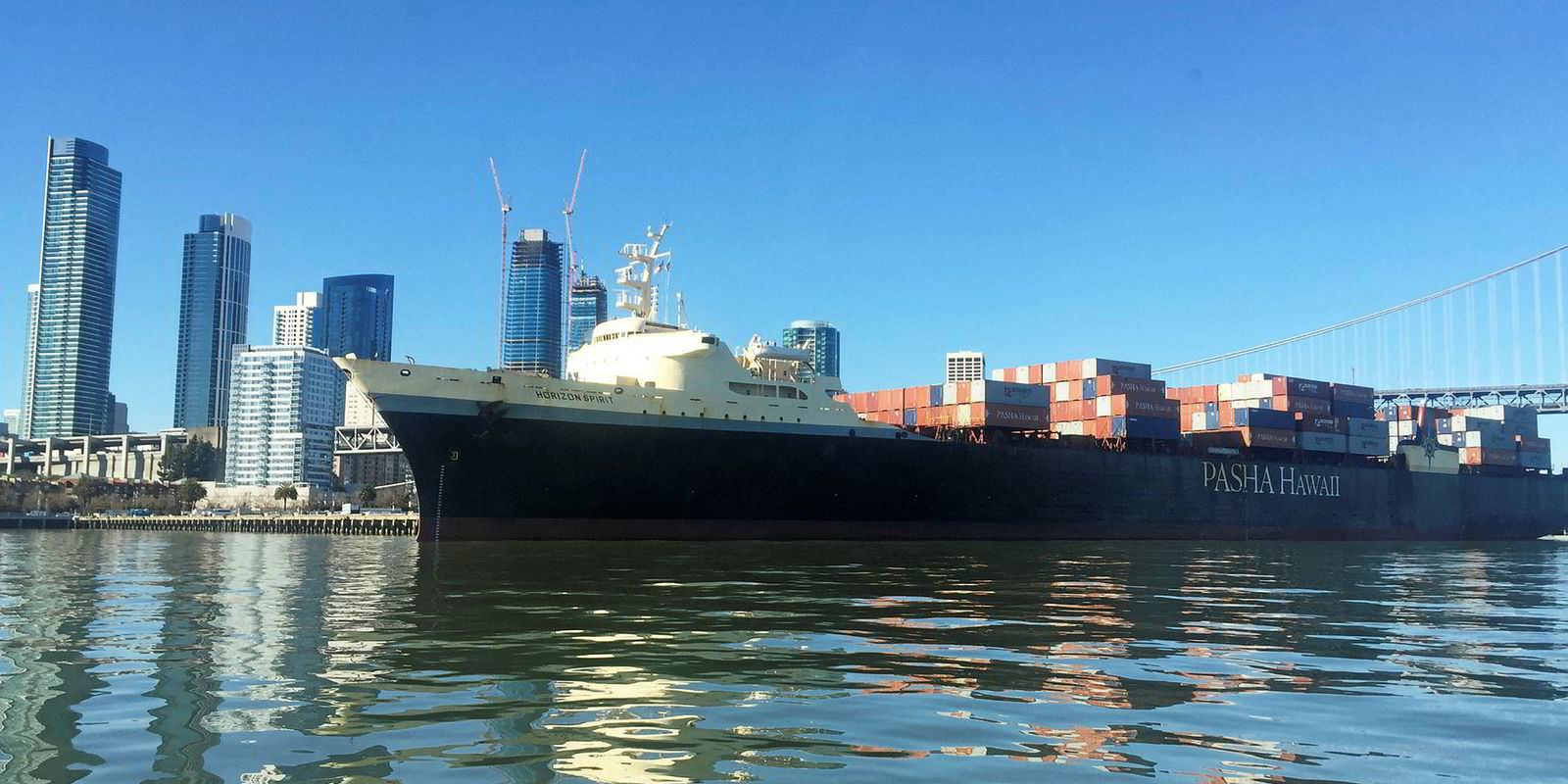A ship recycling facility in Puerto Rico has gone bankrupt just two years after starting amid a perfect storm of challenges, among them two of the worst hurricanes in US history.
Marine Environmental Remediation (MER) Group on 1 May filed for Chapter 11 bankruptcy protection after wrestling with a host of problems that also included a sunken hull, protesters and property rights.
MER formed subsidiary MER PR in 2015 to run a "green" shiprecycling venue at the abandoned Roosevelt Roads Naval Station, according to documents filed with New Jersey bankruptcy court.
The federal Puerto Rico Industrial Development Corp (PRIDCO), however, allegedly told MER that the property was unavailable due to "other entanglements" but offered a former StarKist Tuna factory in Mayaguez as a temporary site.
The StarKist property was in "deplorable condition" with collapsed buildings, debris and vermin but was zoned for heavy industry, had a concrete pier and space to build a roller ship, documents said.
The city's mayor told Martin Vulaj-led MER to stop a $1.5mn site cleanup because part of the plot was owned by Mayaguez, thus invalidating the lease with the government.
Attempts to contact the mayor's office were unsuccessful.
Cruise ambitions
MER and PRIDCO tried to convince the city to lease its parcel to MER but the mayor's office allegedly wanted the property to be turned into a cruiseship port.
MER threatened to sue and leave the city, but the governor persuaded the company to move to a part of the Roosevelt Roads yard free from entanglements that would soon leave the whole plot.
The site looked suitable but a government-run local agency rezoned it for a deep-water cruiseship port and the graving dock was tied up in a lease set to end soon, court papers state.
The governor's office told MER it could operate from the graving dock or stay at the pier because "no one would move MER out" if it employed a lot of people.
MER claimed that the local agency, Redevelopment Authority for Roosevelt Roads (LRA), "made no secret" of its hostility toward the recycler by, among other things, refusing to repair roads and electrical supply.
It also leased the graving dock to a friend in a "sweetheart deal", requiring MER to sublease the site through the lessee.
MER invested $15m in the property, employed almost 300 workers there and received honours for "industry-changing methodologies", including a "Waistcoat" that catches pollutants, according to court documents.
"It was a great idea and very successful until the government of Puerto Rico screwed them," said MER attorney, Schuyler Carroll of Perkins Coie.
No lease
MER alleged that a newly elected Puerto Rico government in January 2017 refused to lease other properties to the company, forcing it to stop operations and lay off all workers.
Four months later, government protesters capsized a hull at the pier, resulting in an oil-spill cleanup and hull removal that insurers Travelers and Starr Liability & Indemnity allegedly refused to cover for various reasons.
As a result, MER claims was allegedly forced to post a $3m bond to secure Starr's coverage without getting reimbursed for the cost of the bond.
In September 2017, hurricanes Irma and Maria delayed MER's efforts to remove the hull, as mandated by the US Coast Guard.
As a result of MER's inability to fully function as a business and its $15m investment in the yard, MER has ended up owing $574,384 to 20 creditors, including $295,780 to LRA.
It also owes $271,041 to the Corporacion del Fondo del Seguro del Estado, Puerto Rico's State Insurance Fund Corp.
MER plans to repay these creditors through various means, including asset sales.





